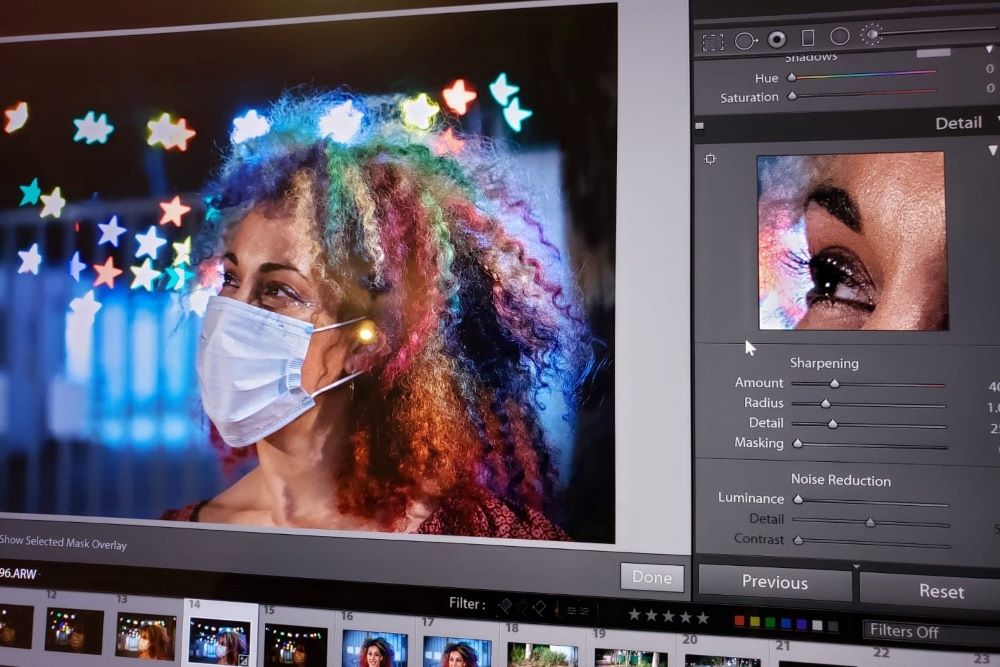
In this post, the authors discuss the ways they redesigned the delivery of the post-graduate course FilmMedecine at the Edinburgh College of Art during the pivot to remote teaching. They make a compelling case for team teaching as a creative, energising, and supportive approach to engaging with students in online environments…
We fell into team teaching through our shared terror of facing the online black hole where students may or may not be virtually present, able to hear, and see, or not, have watched the lectures or not. FilmMedicine is a post-graduate Edinburgh College of Art (ECA) elective course open to students from every University discipline. Our immediate questions as lockdown began were: how would we teach a practical course, including camera and sound recording and editing techniques to students who had never touched these machines? How could we engage the students, create community, and the safety we thought essential for creative exploration as a response to illness and well-being?

We set up weekly team meetings before the course began, where we could spend half an hour sharing solutions (and self-calming techniques). As the course progressed these meetings grew in importance. They became a way of sharing best practice, energising and inspiring us a forum for asking difficult pedagogical questions. Group teaching, we realised, was key to creating an engaging and energised presence in online learning.

“As a first-time PhD tutor, my introduction to teaching this year could have been a trial by fire. In reality, however, my experience has been one of support and growth, spurred on by my team.” Emily Beaney
We wanted to share five points where team teaching has made a difference to us: research, teaching, sustainable effort, co-creation and pleasure.
Research
This was an unexpected benefit. When you put four tutors together from different continents, generations, technological backgrounds, but who are passionate about storytelling through documentary, you get surprising new connections. You get winkled out of your comfort zone, you watch new links to new work, and see that your favourite preconceptions are not always shared. It was challenging. So why did we laugh so much? The energy created as four minds collide must be measurable. I loved discovering sophisticated Film Essays, in-your-face click-bait docos, and new abstract participatory aesthetics.
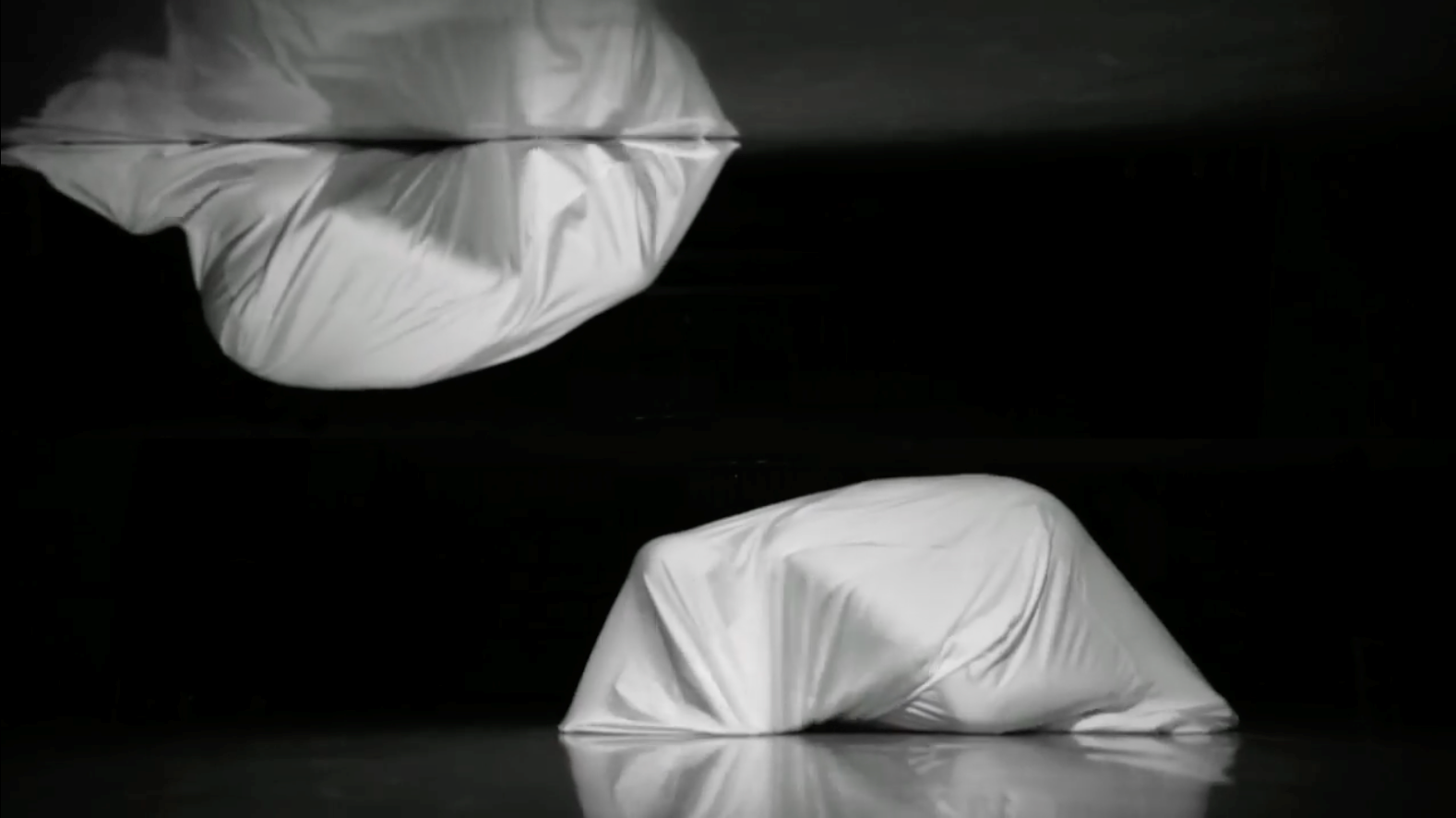
Teaching
We made films together to show students how the grammar of film language works, to show them how to get rubbish sound, and how to get great sound, how to really, really listen. It felt like these instructional videos were made for fun as well as information. We discussed concepts like ‘fast failure’ (encourage your students, and yourself, to try, and fail, and recover, and try again, minimising time spent on feelings of frustration or shame).

For Tracey Fearnehough, team teaching felt like the heart and soul of the Film Medicine course.
The cross-pollination of each other’s diverse experience, background and pedagogical approaches enriched the student experience.
Even as team teaching supported the students’ creative aspirations, what we found most important was the safe space it provided for students to share their anxieties on their filmmaking journeys.
In many teaching environments, it is not the norm to admit that we do not know something to our students/colleagues or to flounder in the face of unprecedented technological challenges, but in Film Medicine, it was extremely liberating to admit to our own shortcomings. By sharing, challenging and creatively problem solving together – as staff – we set the tone for a community of learners to also feel supported, safe and inspired.
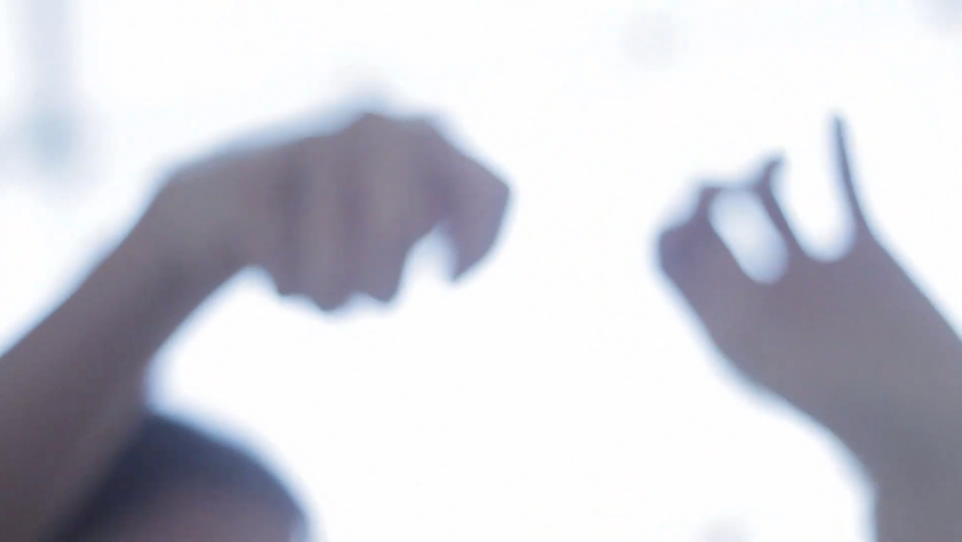
Sustainable Effort
Keeping talented people from burn-out during the Covid pandemic was an essential task. As PhD tutor, Emily Beaney, reflects on her experience:
The team is a place of growth. Not only is it a place where ideas can be tested and fortified, but the team dynamic offered the opportunity for this PhD student to gain skills in academic tutoring within a supportive environment, while also contributing new voices to a diverse teaching team. The weekly meetings eliminated feelings of isolation and overwhelm as a tutor. They are a vital space for celebrating successes together and acknowledging each other’s efforts.

Co-creation
Particularly around marking, our weekly discussions allowed us to explore controversial elements of co-creation. As we reflected on our desire to see each student project reach its potential, we explored questions such as the benefits and risks of offering detailed suggestions, knowing that these could enable the student to achieve higher grades than they would otherwise, but also knowing that we would be grading their response to our suggestions. And it can, and sometimes did, clash with the personal agendas that the students needed to explore. As Chambers discusses ((https://www.scienceopen.com/hosted-document?doi=10.18546/FEJ.02.1.03) in his lucid interrogation on teachers’ contributions to students’ creative work, enabling students to make ‘good’ films is based on our pedagogical criterion of ‘good’, and is compromised by several factors, including who gets to grade, and who benefits from a high graded student cohort. Team teaching became a regular forum for these difficult questions to be debated. This continuing space for reflection felt important, and allowed us to develop strategies to allow co-creation to become recognised and transparent.

Finally, PhD tutor Shalhavit Simcha-Cohen reminds us of the essential ingredient in student learning and sustainable tutor effort:
Pleasure
“Do we really need to explain why having a good time is important? …especially during lockdown!”

Working as a team is more fun than working alone. When you are having a good time, it comes across, students feel it, you feel it. That flame ignites the students, and does not diminish. Watson (https://www.tandfonline.com/doi/abs/10.1080/09523987.2018.1484044) suggests that while online learners had mixed perceptions of gains in cognitive, affective and behavioural learning, they reported high satisfaction with lecture videos and the presence of a collaborative instructor team. Instructor diversity creates a space for students to witness different pedagogical styles and strengths. When instructors share themselves and their own stories it enhances the learning experience for the learners.
Our students made films showing transformation from trauma; helping teenagers with emotional acceptance, working with MS patients, using styles from music video to art essay to dance to personal diaries and animation. Reflected and supported by the diverse expertise of their tutors, they provoked us to become aware of our usual frames of reference and sparked our curiosity into new forms of documentary story-telling. The process felt like an oxygen pipe to different parts of our collective tutorial brain, a synergy between practice, reflection and community connection. Team teaching led to an upsurge of creativity, both for our students and in our own practice as film-makers. We should have expected it, of course. This was a key result for Lubicz and Owen in their previous blog on co-creation (https://www.teaching-matters-blog.ed.ac.uk/the-potential-for-co-created-learning-and-teaching-in-digital-and-hybrid-spaces/).
Let’s spread the word – could team teaching be pedagogically recognised, institutionally supported, and become standard procedure for practice-led creative courses?
Our core FilmMedicine team comprises Tracey Fearnehough as tutor, and two FilmMedicine PhD students, Shalhavit Simcha-Cohen and Emily Beaney and myself, Amy Hardie as course organiser, with notable contributions by Sarah Kettley, Ross Buchanan and Eiko Emersleben.
If you would like to join the FilmMedicine mailing list to hear about network events and opportunities, please email a.hardie@ed.ac.uk.
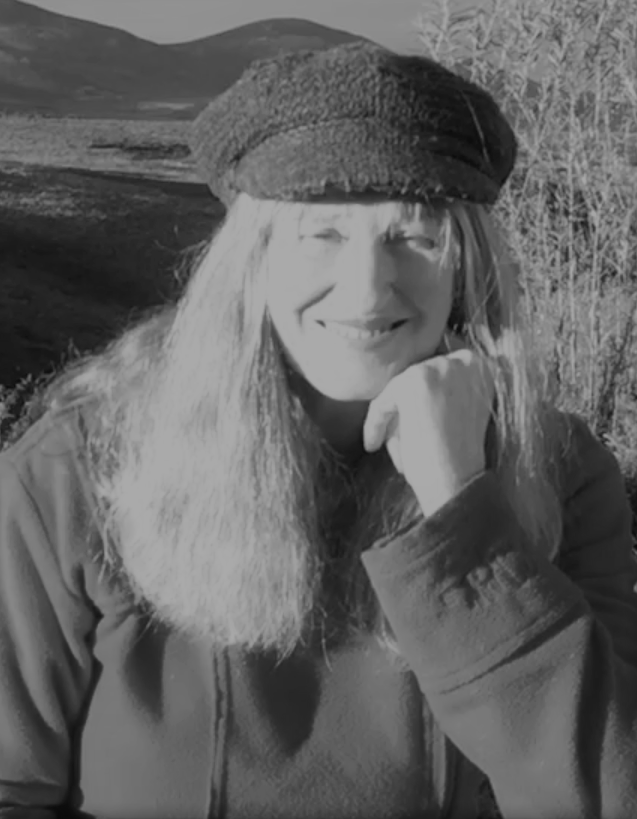 Amy hardie
Amy hardie
Amy designed FilmMedicine as a postgraduate interdisciplinary elective, and as a research network (https://www.eca.ed.ac.uk/research/filmmedicine-research-group) to explore the therapeutic potential of documentary film. Her own feature documentaries have shown that stories on PTSD, cancer, palliative care, stem cells, can be resourced and disseminated internationally through cinema and television, with sustained audience engagement. These films are used in nursing, medicine, by patients and their families, and embedded within third sector and academic outreach to increase patient and family well-being. She is the recipient of numerous international awards, and is senior lecturer in Film and TV.
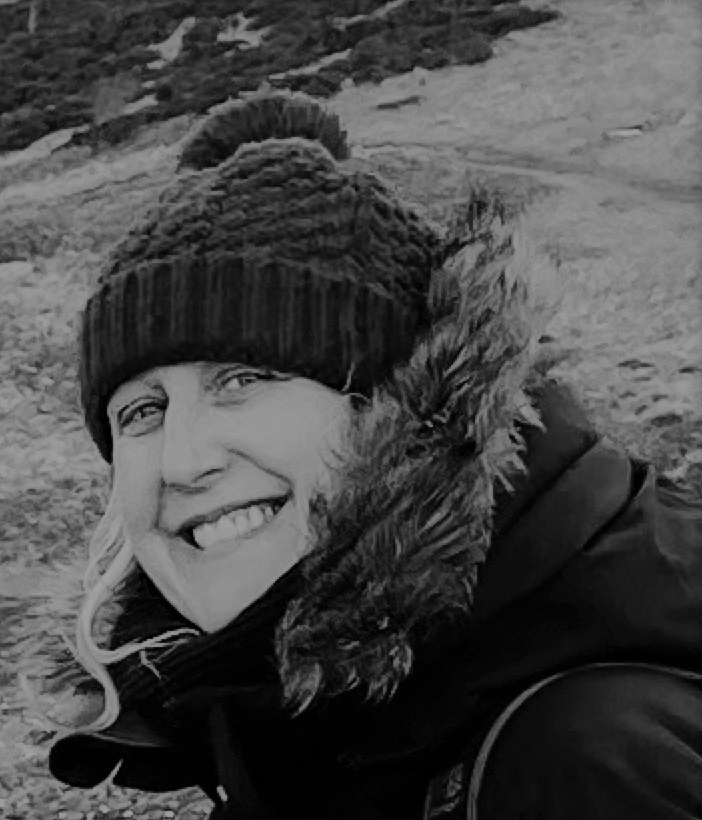 Tracey Fearnehough
Tracey Fearnehough
With a background in photography and theatre, Tracey found her place behind a moving image camera inspired by real people and their quiet personal stories. As a former documentary programmer at the Edinburgh International Film Festival, she was changed by the work she saw and went back to do a masters at Edinburgh College of art in film directing to make them herself. She cut her teeth making shorts and working on projects for BBC, STV and other independents. She is co-director of the Room 8 Studio collective– making work for and with broadcasters, communities, INTO Film, British Film Academy, British Library, Scottish Natural Heritage and the Goethe Institute. She recently produced the BAFTA nominated short documentary ‘Plastic Man.’
She currently lives by the sea, embracing genuinely trans disciplinary projects working with 4 year olds to 92 year olds – using film, audio-visual, performative and the interactive but with the analogue, the experiential the personal and nature always at the heart of it all.
She is the Joint Programme Director for Film and TV at Edinburgh College of Art.
 Shalhavit-Simcha Cohen
Shalhavit-Simcha Cohen
Shalhavit-Simcha Cohen, is a PhD researcher here at the University of Edinburgh and a pop star. Her research focuses on accessible psychological empowerment and social impact. She is also the proud director of PosiFest, an online wellbeing festival.
Her international performances and interactive installations have nominated her with Harvard University’s annual Bok prize for her public service. Her PhD focuses on working with young adults to re-package academic research on Mental Wellness into accessible formats, such as documentary weaved music-videos, to be shared with their peers. Shalhavit likes to dress up and spread joyful messages in creative ways, and to wear biodegradable glitter (she glitters responsibly!)
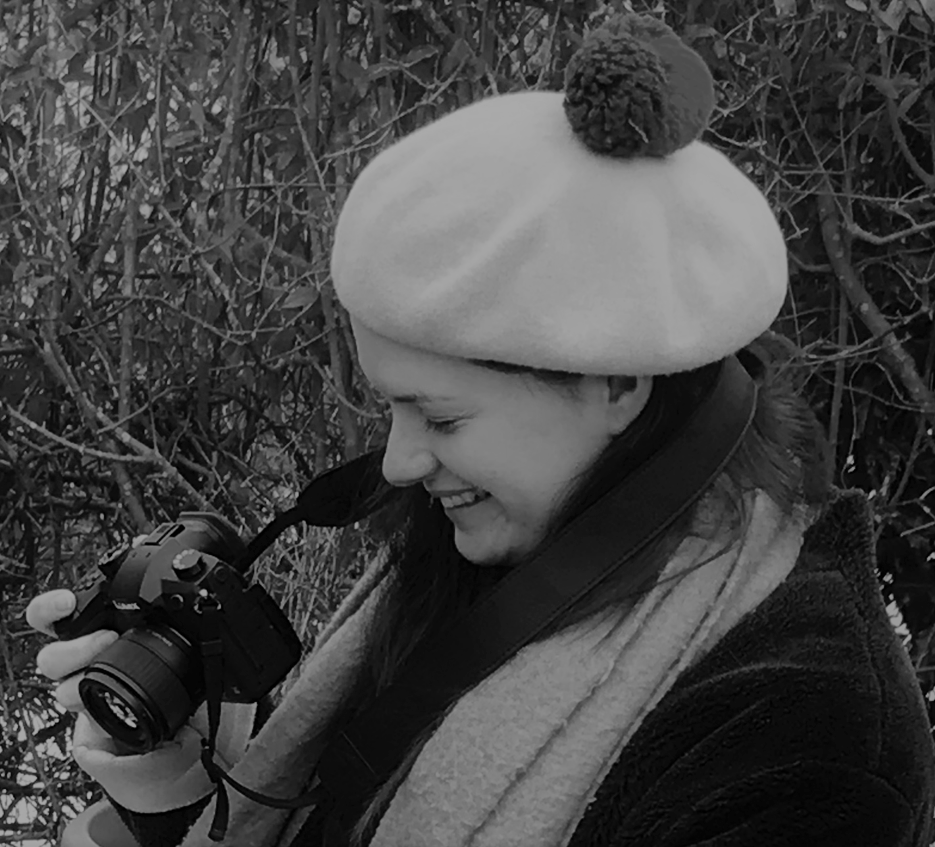 Emily Beaney
Emily Beaney
Emily Beaney is a practice-based PhD student at Edinburgh College of Art. Using experimental documentary practice, her research seeks to translate women’s embodied knowledge of long-term illness. Her collaborative projects work with women in Scotland to address issues of stigma and reveal new ways of representing illness experience, focusing upon sensation and affect. Emily has presented her practice-based research at exhibitions, festivals and conferences. Previously, she has been funded by organisations in Scotland to carry-out artistic research projects, and by the British Council and Creative Scotland to conduct collaborative international residencies.

